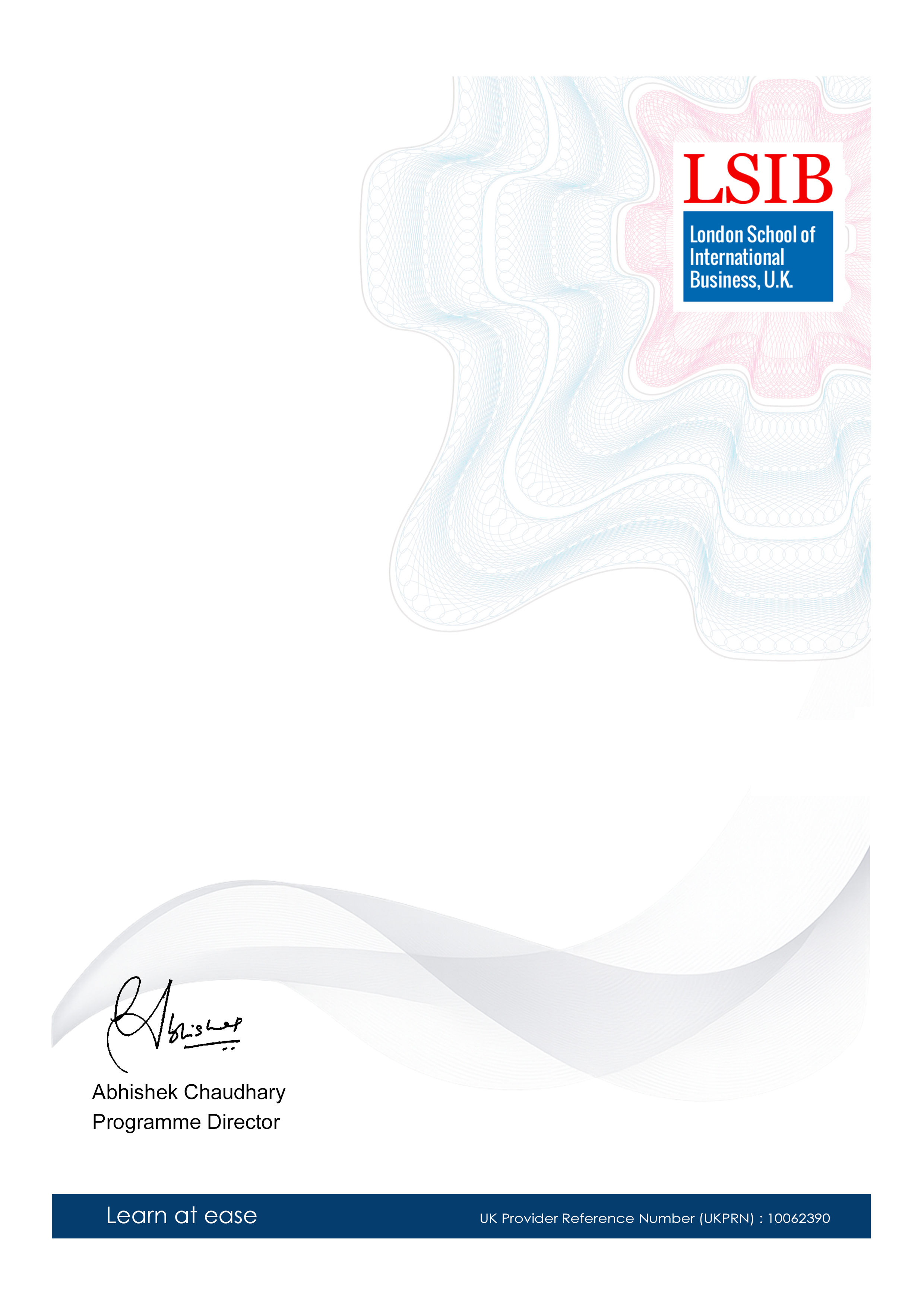Course details
Loading...
Generating course details...
• Digital Marketing Fundamentals: This unit covers the basics of digital marketing, including understanding target audiences, creating buyer personas, and developing effective marketing strategies. It lays the groundwork for the rest of the course and provides a solid foundation in the principles of digital marketing.
• E-commerce Platforms and Tools: This unit explores the various e-commerce platforms and tools available, including Shopify, WooCommerce, and BigCommerce. Students will learn how to choose the right platform for their business and how to use the tools to create a successful online store.
• Affiliate Marketing Strategies: This unit delves into the world of affiliate marketing, covering topics such as finding and recruiting affiliates, creating effective affiliate programs, and tracking and optimizing affiliate marketing campaigns. Students will learn how to build a successful affiliate marketing business.
• Search Engine Optimization (SEO): This unit teaches students how to optimize their website and online content for search engines, including keyword research, on-page optimization, and link building. Students will learn how to improve their website's visibility and drive more traffic to their site.
• Pay-Per-Click (PPC) Advertising: This unit covers the basics of PPC advertising, including setting up and managing campaigns, creating effective ad copy, and tracking and optimizing ad performance. Students will learn how to use PPC advertising to drive traffic and sales to their website.
• Email Marketing and Automation: This unit explores the world of email marketing and automation, covering topics such as creating effective email campaigns, building and segmenting email lists, and using automation tools to streamline email marketing efforts. Students will learn how to use email marketing to drive sales and build customer relationships.
• Social Media Marketing: This unit teaches students how to use social media platforms to market their business, including creating effective social media campaigns, building and engaging with social media audiences, and using social media analytics to track and optimize performance. Students will learn how to use social media to drive traffic and sales to their website.
• Data Analysis and Measurement: This unit covers the basics of data analysis and measurement, including using analytics tools to track website traffic and behavior, measuring the effectiveness of marketing campaigns, and using data to inform marketing decisions. Students will learn how to use data to drive business growth.
• E-commerce Business Planning: This unit teaches students how to create a comprehensive business plan for their e-commerce business, including setting goals and objectives, conducting market research, and developing a marketing and sales strategy. Students will learn how to create a successful e-commerce business.
• Professional Development and Career Advancement: This unit provides students with the skills and knowledge they need to succeed in their careers, including resume building, interviewing, and networking. Students will learn how to advance their careers and achieve their professional goals.
• E-commerce Affiliate Marketing Certification: This unit prepares students for the certification exam, covering topics such as affiliate marketing best practices, industry trends, and certification requirements. Students will learn how to prepare for and pass the certification exam.

